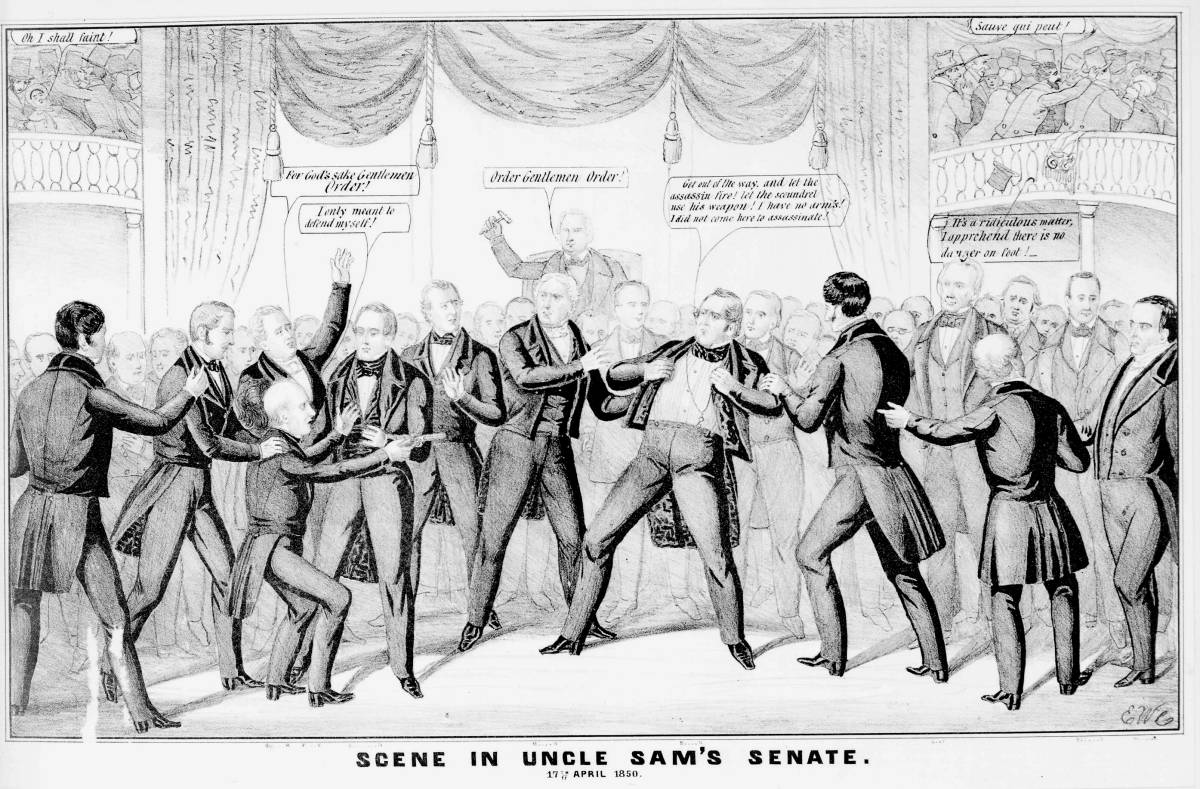AFTER THE SIMULATION AND THE WHOLE COURSE, I HOPE YOU HAVE A DEEPER APPRECIATION FOR OUR CLASS ANTHEM.
Mixed opinions on civility and compromise
Norris
Mixed opinions on civility and compromise
Norris
Congress and Progressive Reforms
16th Amendment
17th Amendment

Taft
16th Amendment
17th Amendment

Taft
- Prewar isolationism
- And why JFK downplayed that side of the story
- Taft against NATO
- And how the story led to the LBJ-RFK feud
- Except in simulation, legislation is slow. (And swift action is not necessarily smart action.)
- In a body resting on geographic representation, parochialism is inevitable. (And it is often legitimate.)
- A multi-member, bicameral institution will have a hard time planning. (And planning is overrated.)
Although the public good was the indirect beneficiary of his sacrifice, it was not that vague and general concept, but one or a combination of these pressures of self-love that pushed him along the course of action that resulted in the slings and arrows previously described. It is when the politician loves neither the public good nor himself, or when his love for himself is limited and is satisfied by the trappings of office, that the public interest is badly served.
...
This is not to say that courageous politicians and the principles for which they speak out are always right. John Quincy Adams, it is said, should have realized that the Embargo would ruin New England but hardly irritate the British. Daniel Webster, according to his critics, fruitlessly appeased the slavery forces, Thomas Hart Benton was an unyielding and pompous egocentric, Sam Houston was cunning, changeable and unreliable. Edmund Ross, in the eyes of some, voted to uphold a man who had defied the Constitution and defied the Congress. Lucius Lamar failed to understand why the evils of planned inflation are sometimes preferable to the tragedies of uncontrolled depression. Nor-
ris and Taft, it is argued, were motivated more by blind isolationism than Constitutional principles.










